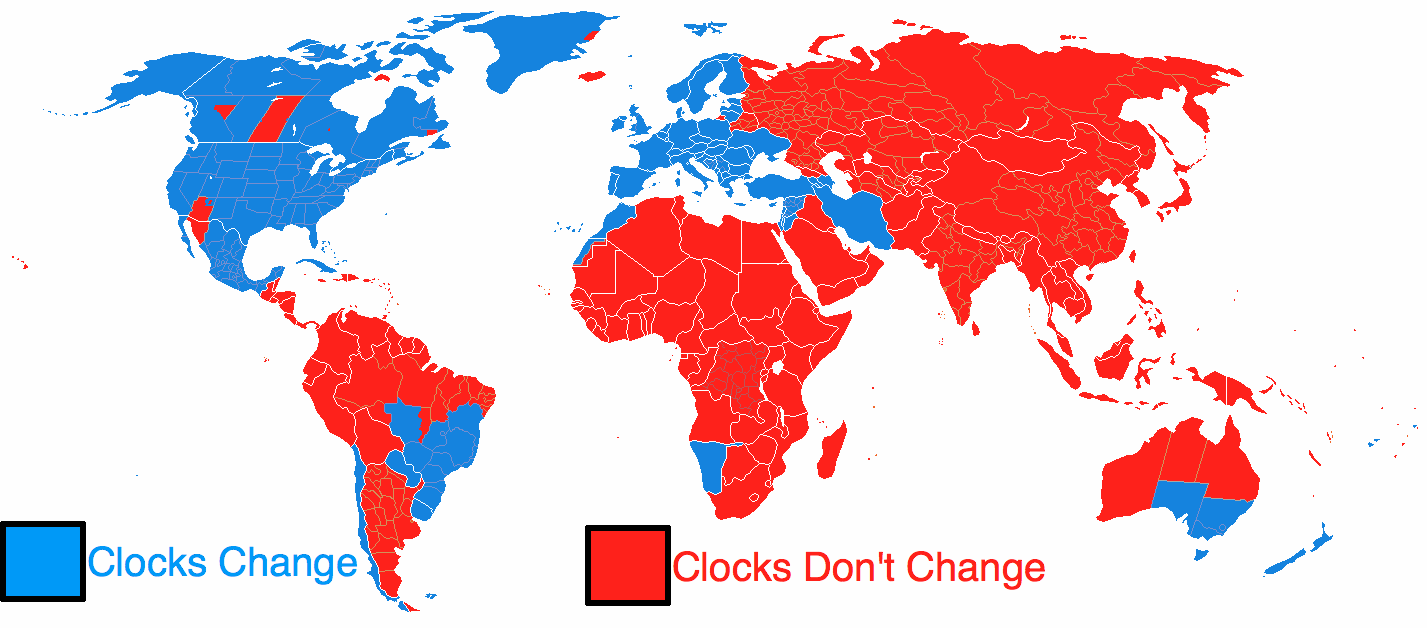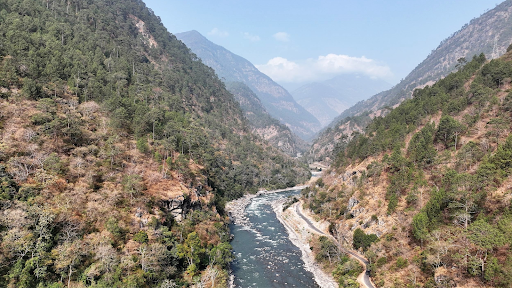Description

Copyright infringement is not intended
Context: The United States Senate unanimously passed a law making daylight saving time (DST) permanent.
Details
- The United States Senate on March 15 unanimously passed a law making daylight saving time (DST) permanent, scrapping the biannual practice of putting clocks forward and back coinciding with the arrival and departure of winter.
- If the legislation, Sunshine Protection Act, passes in the House of Representatives as well, and is signed into law by President Joe Biden, it will come into effect in November 2023.
- The practice of turning clocks back by an hour to standard time every November will stop — and DST, which now starts in March, will be in effect all year round.
About Daylight Saving Time (DST)
- Daylight saving time (DST) is a practice that is meant to save energy. It involves resetting clocks ahead by an hour in spring, and behind by an hour in autumn.
- In April 1916, during World War I, Germany and Austria introduced DST to minimize the use of artificial lighting. It is gradually adopted in many countries.
- In the EU, clocks in the 28 member states move forward on the last Sunday in March and fall back on the last Sunday in October.
- India does not follow daylight saving time.
- DST is of little use for locations near the Equator, because these regions see only a small variation in daylight in the course of the year.
- It is mainly preferred in countries located around the Arctic Circle, as they experience large variation in daylight in the course of the year.
Significance
- Individuals will complete their daily work routines an hour earlier, and that extra hour of daylight means or is supposed to mean a lower consumption of energy.
- It saves electric energy and other resources and hence promotes sustainable development goals.
- It saves energy, promotes outdoor leisure activity in the evening (in summer), and is therefore good for physical and psychological health, reduces traffic accidents, reduces crime or is good for business.
Concern
- Health problems as a result of disruption of the circadian rhythm (body clock).
- DST clock shifts sometimes complicate timekeeping and can disrupt travel, billing, record keeping, medical devices, and sleep patterns. Computer software generally adjusts clocks automatically.
https://indianexpress.com/article/explained/everyday-explainers/what-is-daylight-saving-time-which-us-senate-voted-scrap-7822839/
Array
(
[0] => daily-current-affairs/daylight-saving-time
[1] => daily-current-affairs
[2] => daylight-saving-time
)














